Don’t be fooled by “health food” products!
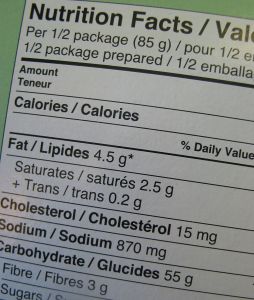
Did you know that you still need to be a cautious and savvy shopper, even in your local health food store?
Sadly, not all that is marketed as "natural" or "healthy" or "organic" is even remotely as it's manufacturers claim. This is particularly true when it comes to packaged, convenience foods!
A couple of weeks ago, my darling husband sent me out to the store to spend "whatever I needed" (his words- isn't he sweet?) on a few simple, convenience foods to get me through another week so that we could reassess where I was at with the whole cooking-with-morning sickness thing come February (and thankfully, it's been improving!).
As I perused the natural, organics aisle of my local grocery store (quite aimlessly I might add- where was my menu plan? And my detailed shopping list? I was a lost woman!), I was once again reminded of something that I felt was worth sharing.
No matter what the package says, you still need to read the ingredients!!!!
Case in point: I was thinking of buying a box of organic arborio rice with a seasoning package. I flipped the package over, expecting to find ingredients like simple spices, parmesan cheese, etc. And what did I find? MSG! Ever-so-shrewdly hidden under the name "autolyzed yeast extract", but make no mistake ladies, it's the same chemical!
It always, always, always pays to be an informed label reader. No matter where you are shopping or what you are buying!
I had been buying these very reasonably priced frozen filets of Wild Pacific Salmon for well over a year, never once thinking that I should look on the label (because what else would I expect to find in a frozen package of wild salmon except, well, salmon?). While discussing grocery budgets with a friend one day, the salmon came up and she mentioned that it was too bad about that preservative in the fish. Wait a minute- what preservative?
Sure enough, I pulled a package out of my freezer and there it was! Why didn't I think to look before? Lesson learned. Always, always, always read the label!
After all, if this (the Canadian version of Red Bull Energy Drink) can be labeled as a "natural health product" (look closely at the bottom of the can):
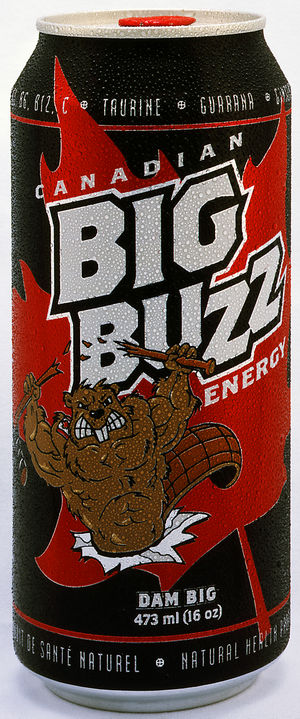
then anything can be called "healthy"!
Has anyone else noticed this trend of labelling items as "healthy" whether they are or not? Are you a label reader yourself? Would it serve anyone to have a lesson in how to read a label or some of the key ingredients to look out for?

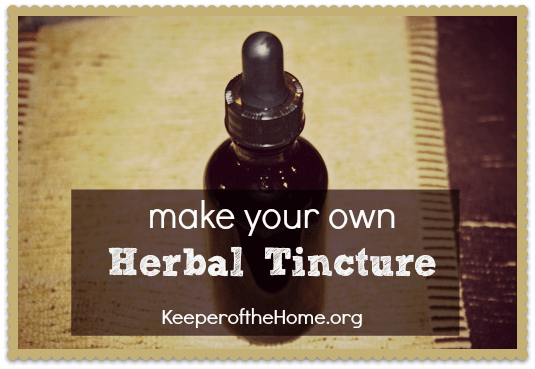
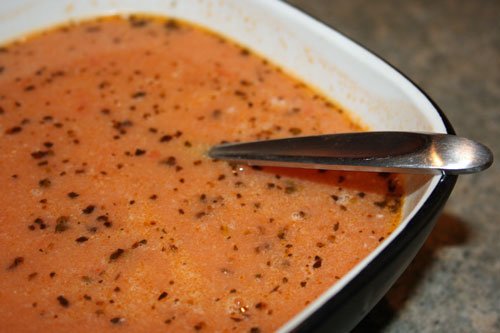

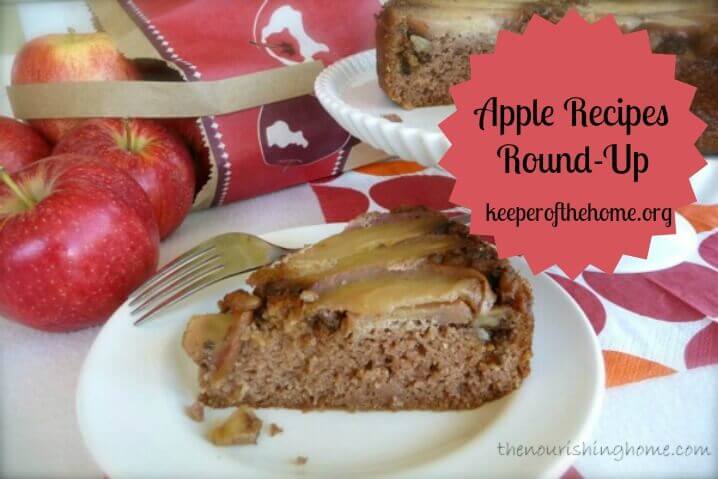
so can i ask what do you do with the salmon you have left…..i am slowly getting on the ‘organic/natural/local ” bandwagon…local produce being my priority..and local meat….
but i’m gonna have to eat up my stores ….which seems harder to stomach…
the book Animal Vegetable Miracle was quite an inspiring book for me..
Celina in Ontario
oh and congrats on the new bebe…
Oh no! I get that salmon, too, and I never thought to read the label!
I would love either a post or links to lists of foods to avoid. Sometimes I read the labels, and don’t know what things are. Usually I assume that if they sound complicated, they probably aren’t great for us. I know things like HFCS, but I didn’t know autolyed yeast extract=MSG.
hey more food for thought…along a bit of the same lines
i know this has happened to at a farmers market near sault ste marie…and i saw a piece on tv about it being a plague in toronto..
vendors go to the “docks” the vegetable terminals..where grocers and restaurants get their food…the “imported” stuff…and see it at farmers market booths…
now around here we pay a “premium” price to buy at a farmers market..its more expensive ….
in my case i went and bought some peas and brocoli from a farm stand at a market…and found the tags with the upc code on the peas..and on the stem of some of the brocoli, i had asked if this was farm goods..they said yes…( i should have said YOUR farm i guess????)
i’m looking at csa’s here…and they import pineapples and stuff in winter for the csa…so that’s not what i’m after…personally i would like to eat more in season…so i’m still searching for a good csa…
I’m also an avid label reader and I’m so sad that I can’t let me guard down for a minute. In addition to the autolyzed yeast extract, you have to watch for “hydrolyzed protein” ie. hydrolyzed soy protein. If find that comes up alot.
I stay away from anything with “natural flavours” or “natural colours” as those could also contain MSG and other goodies like carmine (since it’s technically defined as a colour derived from a “natural” source – as in those little cochineal insects). http://www.snopes.com/food/ingredient/bugjuice.asp
Another one that I just learned about is “confectioners glaze” or “confectioners shellac” in candy/chocolate products like chocolate covered raisins. That comes from the secretions of the lac beetle. So if one has allergies/sensitivities, this bit of info might be of interest.
Peace from Port Moody!
Arrrrgggh, yes, this one bugs me too. I bought some yogurt the other day that was supposed to be sweetened with fruit and when I got it home I read that it had HFCS in it. (How is that fruit?) I guess it’s back to making all my yogurt. I was so excited to find some that I could buy for blah pregnancy times…
I too find “natural flavors” to be misleading. I mean, technically, what else would they be? Supernatural flavors? Thank goodness they are starting to regulate who can say “organic”, although some “organic” produce is still made with troubling practices (like fertilizing with copper) here in the US.
*Sigh* it seems the only way to know is to grow it all yourself and freeze it… or just do the best you can and trust the Lord for your slip-ups!
I would also be interested in any suggestions on how to use up stores you can’t afford to junk. Are there “detox” foods you can eat at the same time to minimize problems?
Heh! I’ve bought canned beans from time to time, as a very convenient meal-aid… until a couple weeks ago when I discovered high fructose corn syrup was in one of the kinds of beans I’ve bought before! Not pleased at all. 🙂
If I’m gonna eat something that bad for me, it should be something a whole lot yummier than beans!
I would love to know more about the words that seem okay but mean other things (like your example). Really we mostly eat things that are not prepackaged, so its less of an issue, but there are times when we need some convenience, or times when I use certain products. Lately for example we haven’t been able to buy good bread (its too expensive) and I can’t make my own right now (no time with new baby) and we have used up our freezer stores, so we have been buying a less-than-perfect but okay bread on discount at the store. I guess we do what we can and then know that at least we are doing better than if we were doing nothing.
I would definitely appreciate a lesson on label reading, specifically with a list explaining what some of the more common things are that we should avoid (and why – if there are studies to back any of it up especially – this would be helpful to show my husband). I am enjoying cooking more and more from “scratch” but still use things like pasta, chocolate, frozen seafood like you mention, sometimes “enriched” basics, etc etc. Are there things hiding even in them?
My husband just said something similar today when I said I had gotten something organic. It is becoming a new buzz word to sell products! I wish we could trust manufacturers, but they unfortunately are trying to make money any way they can.
How right you are!
And people forget:
Buyer Beware!
But we in the Third World
could be so lucky. But only
if one were living in the boonies
(because one has ready access
to natural food that even
grows wild by the wayside).
I am an organic farmer
in the Philippines.
Whenever I am in the city
to sell our hard-to-sell produce,
one simple rule of thumb
I subscribe to is…
refrain from everything
corporate (fancy packaging).
The USDA, FDA and US government
are in league with food corporations
in the conspiracy to render the citizenry
towards a highly-profitable unhealthy lifestyle.
Nothing good is ever forthcoming
from those motivated by profit.
And information makes for
the survival of the fittest.
If you are willing to give lessons on how to read a label – I am willing to learn! Perhaps these “hidden” ingredients that are under another name are the ingredients which are making my asthma go out of control?
It is SO frustrating that there are so many names out there for MSG! I’ve not heard about the “autolyzed yeast extract” being another form too! I don’t think I have anything that includes that…but still.
I’m gonna go eat an apple. 🙂
Yes! I’m so upset about all the bright starbursts screaming how “healthy” a product is, when it’s usually just slightly healthier than the pure sugar product or white flour product next to it. I really despise the new FDA trans fat labels, because there seems to be no end to the sneaky ways manufacturers are getting around it and putting “0 trans fat” on their packages. If there is less than 0.5 g trans fat per serving, or if they use the new interesterified fats (another trans fat not yet categorized as such), the label can read ZERO. But we’re still ingesting naughty, unnatural fats. So sad! Yes, a label-reading tutorial, please! I’d love it!
Sign me up for the label tutorial, please! 🙂
I feel as though i know more than the average about label reading but apparently not. What is HFCS?? Someone help. I heard many refer to it, but no definition. I try not to buy much package foods anyway, but sometimes it is a necessary convenience. Also someone mentioned about being careful with beans, well who knew that a carton of chicken broth is not just broth, but sugar too, or even worse corn syrup!! Appalling!
Karen, HFCS is actually just corn syrup (it stands for high fructose corn syrup). Sorry to be confusing with the acronym!
I would love a list of “words” that mean MSG or other words that would signal preservatives. Thanks!
It is common to me to check the nutrition facts whenever I go groceries, also the expiration date. Thanks for sharing.
-krisha-